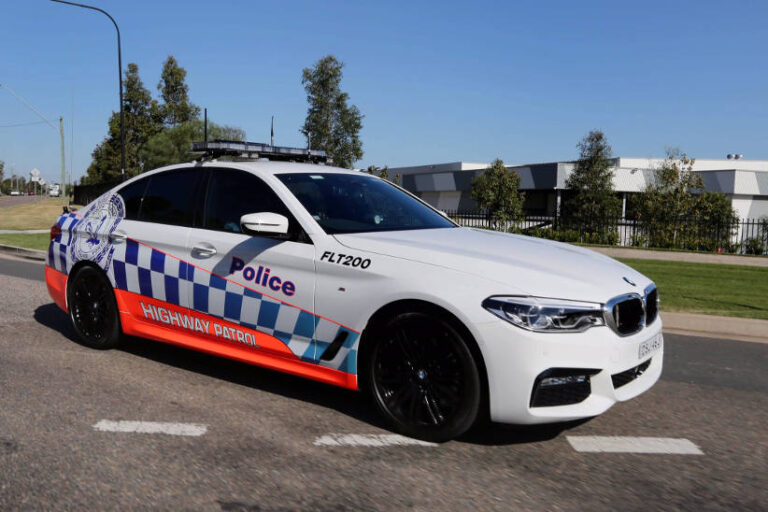Nearly one in five Aussie drivers (18%) have paid a traffic fine or infringement notice in the past year, according to a new survey by Money.com.au. This equates to approximately 3.5 million people.
Among those who received a fine, speeding and parking violations were the most common, each impacting 7% of drivers. These were followed by fines for using a mobile phone while driving (2%) and late fees for missing toll payment deadlines (2%). The data includes drivers who’ve paid one or multiple fines in the last 12 months.
Money.com.au’s research also reveals the hefty price that drivers said they paid for flouting common road rules. Fines for using a mobile phone while driving were the highest, averaging $452 — nearly a quarter of the average weekly wage of $1,923 as per the ABS. Speeding fines followed, averaging $333, while late fees for unpaid toll charges came in at $202 on average. Parking fines were the lowest, averaging $142.
Money.com.au’s Finance Expert, Sean Callery, says the financial penalties associated with traffic fines highlight the importance of safe driving and the potential impact on household budgets.
“There are plenty of important reasons to drive safely, not least of which is obeying road rules, but the potential financial impact is a significant factor too,” Mr Callery said.
“Depending on the state, you could face fines of $1,000 or more for using your phone, while penalties for serious speeding offences can be even higher. While traffic fines can be costly, there are ways to reduce their impact on your household budget. Many states, territories, and local councils (depending on who issued the fine) offer payment plans for road or traffic fines over a certain amount, allowing you to spread the cost over time. You can also often request a payment extension without incurring additional penalties.”
By state, Western Australians were the most frequent speeders, with 16% of drivers receiving a speeding ticket in the past year, while drivers in New South Wales were the least likely to be caught speeding (4%). Western Australians also received the highest number of parking fines (13%), whereas South Australians had the fewest (4%).
Across generations, Gen Z are the most likely to receive a parking ticket (12%), while Millennials are more prone to speeding fines, with 7% getting caught for having a lead foot.
The majority of Australians (86%), however, managed to avoid fines in the past 12 months.
Auto expert, John Cadogan, says traffic enforcement is highly lucrative for governments, especially when it comes to camera-based enforcement.
“Cameras don’t require hourly wages to stand and issue tickets, making them an efficient tool for revenue generation,” Mr Cadogan said.
“Increased surveillance of drivers leads to more fines being issued, often for technical or inconsequential offences. A more serious consequence of this over-zealous revenue raising is the erosion of public trust in the justice system, public officials, and government departments.”
Aussies travelling or hitting the road during Christmas and New Year are being urged to drive responsibly and stay vigilant to avoid fines dampening their festive season. Double demerits will be enforced in some states during the holiday period.






